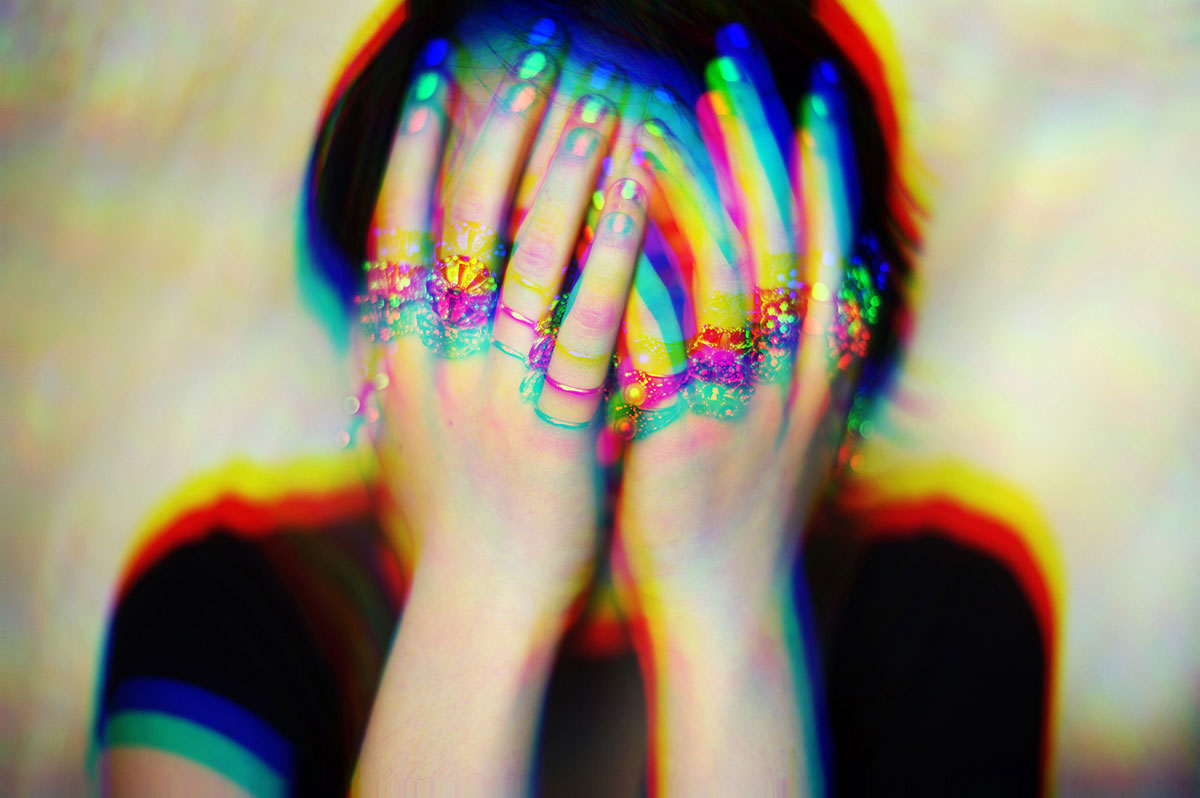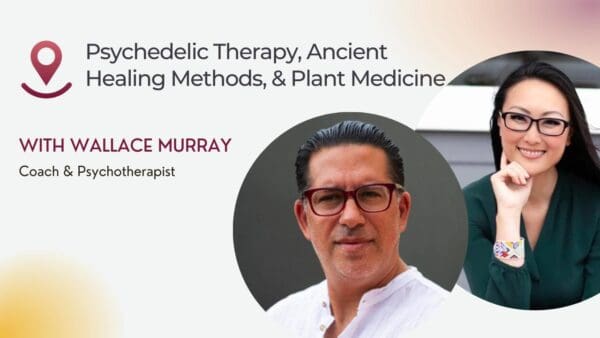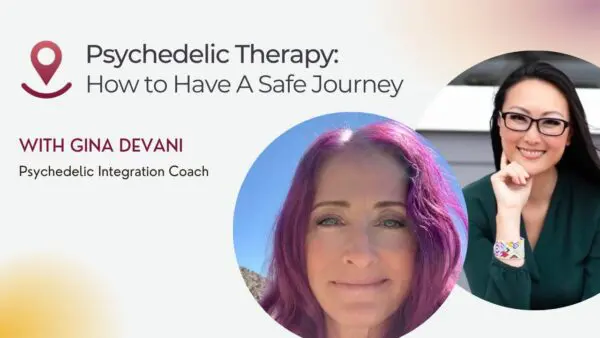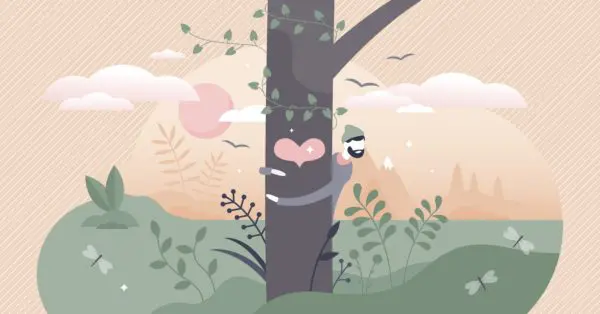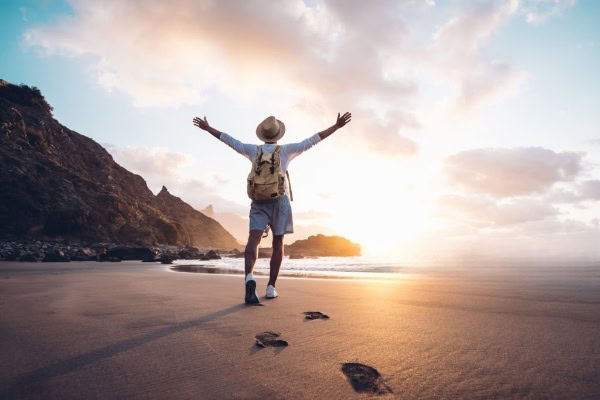Medical Editor: Dr. Lynn Marie Morski, MD, Esq
Psychedelics are considered physically safe, despite decades of propaganda that says otherwise. As a result of such misinformation, many people have concerns regarding the health risks and considerations of psychedelics. While urban legends certainly add to the fear surrounding such substances, there can be very real risks to psychedelics, so it is responsible to become educated and informed before taking them. Keep reading to learn about what these risks are, both physically and emotionally, how to navigate them, and the limitations standing in the way of further research.
Limitations to Understanding Risk
Unfortunately, our knowledge of psychedelics’ risk is limited because research on the matter is limited. Much of what we know about the risks of substances such as LSD comes from the 1950s to 1970s and is outdated.
The Federal Comprehensive Drug Abuse Prevention and Control Act of 1970 (also known as the Controlled Substances Act) mandated drug scheduling. In 1971, President Nixon declared a “War on Drugs,” which increased federal drug control agencies’ size and budget. These methodologies were escalated during the Reagan era through “Just Say No” propaganda, unsupported by science.
Anything classified as a Schedule I drug is considered a substance with no accepted medical use and a high potential for abuse. This list includes MDMA, LSD, psilocybin, peyote, DMT, ibogaine, and cannabis. The DEA controls these drugs, and therefore, research on them is limited. However, the lack of research on Schedule I substances only adds to the stigma and urban legends surrounding such psychedelics. This also limits research on their therapeutic value.
In January of 2018, the DEA stated that they are streamlining and expediting the process for researchers studying such psychedelics. While there are many reasons to be hopeful regarding research, it can also be difficult for people interested in psychedelic medicine to find doctors who are able or willing to discuss the risks due to legal restrictions or their own biases.
Adulterated and Mislabeled Psychedelics
Testing kits for psychedelics such as MDMA and LSD are available from non-profits such as DanceSafe. Such kits make sure that a person has LSD and not a dangerous synthetic substitute, such as 25i-NBOMe or 25b-NBOMe. This compound is a derivative of the phenethylamine psychedelic 2C-B and is sometimes used as a substitute for LSD. In 2013, a West Virginia man pled guilty to involuntary manslaughter after his wife died from taking two doses of 25b-NBOMe. While LSD is illegal in West Virginia, 25b-NBOMe is not.
Harm reduction services such as testing kits at concerts, festivals, and raves, can make psychedelic use much safer by ruling out adulterants. A 2017 study collected 529 samples across the U.S. from 2010 to 2015. The data suggest that MDMA was only identified in 60% of substances collected at events, and concludes that access to testing kits greatly reduces the risk of consuming a dangerous replacement substance rather than pure MDMA.
Physical Side Effects of Psychedelics
While pure psychedelics are generally considered physically safe, they can come with physical side effects. Physical side effects of classical psychedelics, or hallucinogens such as LSD, mescaline, and psilocybin, include dizziness, nausea, and blurred vision. They can also moderately increase one’s pulse and blood pressure, although these effects are unlikely to cause harm or last for a prolonged period.
Because psychedelics can cause dizziness, and come with visual hallucinations, it is important to take them in a safe setting, ideally with a doctor, guide, or sitter, to ensure safety. Any activity such as driving or operating machinery can quickly make a safe psychedelic experience quite dangerous.
Medication Interactions with Psychedelics
As people look to psychedelic medicine to treat conditions such as depression, there is concern regarding antidepressants such as SSRIs interacting with psychedelics. While there is little empirical data on the interaction between psychedelics and antidepressants, a common concern is serotonin syndrome.
Serotonin syndrome occurs when an excess of serotonin is produced, which can happen when combining medications that increase the production or inhibit the metabolizing enzymes. Symptoms range from mild to severe, even life-threatening. Because classical psychedelics (LSD, mescaline-containing cacti, psilocybin) act as serotonin-receptor agonists, particularly at the serotonin 2A receptor, they could technically cause serotonin syndrome in people also taking medications such as SSRIs, although this is quite rare. However, the greater danger regarding serotonin syndrome comes from a class of psychoactive drugs called MAOIs when taken in combination with certain psychedelics.
As this is an evolving area of research, we cannot yet state exact dangers with complete certainty. Therefore, if one is on psychiatric medicine and wants to have a psychedelic experience, it is always recommended to discuss with your physician. If discontinuation of the medicine is the decided choice of action, then it is imperative to taper off gradually under the supervision of a doctor rather than to simply stop taking it.
Ketamine does not interact with antidepressants, so is a method of psychedelic therapy those unable or uninterested in discontinuing their medications could consider.
Mental Side Effects of Psychedelics
A major concern regarding psychedelics and mental health is the possibility that consuming these powerful substances could trigger a psychotic episode. This is especially a concern for people with a history of psychosis or a genetic predisposition.
Difficult trips
Another consideration when taking psychedelics is the possibility of a challenging trip. Challenging trips can cause anxiety, fear, and paranoia. Dosage, set, and setting play a crucial role in the experience, which is why it is advisable to use psychedelic medicine under the supervision of a therapist, trusted guide, or sitter. Creating an intention beforehand may be a helpful anchor, although it’s worth noting that a well-intentioned trip does not rule out a challenging experience.
Psychedelic sessions with goals like ego death, treating depression, or facing one’s demons are not easy journeys. In a 2016 Johns Hopkins survey of almost 2,000 people who said they had had a past negative experience when taking magic mushrooms, most named the experience both meaningful and worthwhile, and half of such respondents said the experience was still one of the most valuable experiences in their life. This data backs up the psychedelic community’s expression that “there are no bad trips, only challenging ones.” One can properly process and work through a challenging trip with aftercare and integration.
Conclusion and Final Thoughts
Due to decades of anti-drug propaganda and harsh government-imposed limits on research, one of the most challenging risks regarding psychedelic medicine is misinformation. New studies and laws based on science can provide accurate information to people who are curious about psychedelic therapy. For this to happen, LSD, MDMA, psilocybin and other substances need to be taken out of the Schedule I classification. Prohibition from this type of scheduling leads to the use of adultered or fake substances, which tend to be much more dangerous than the psychedelic itself.
